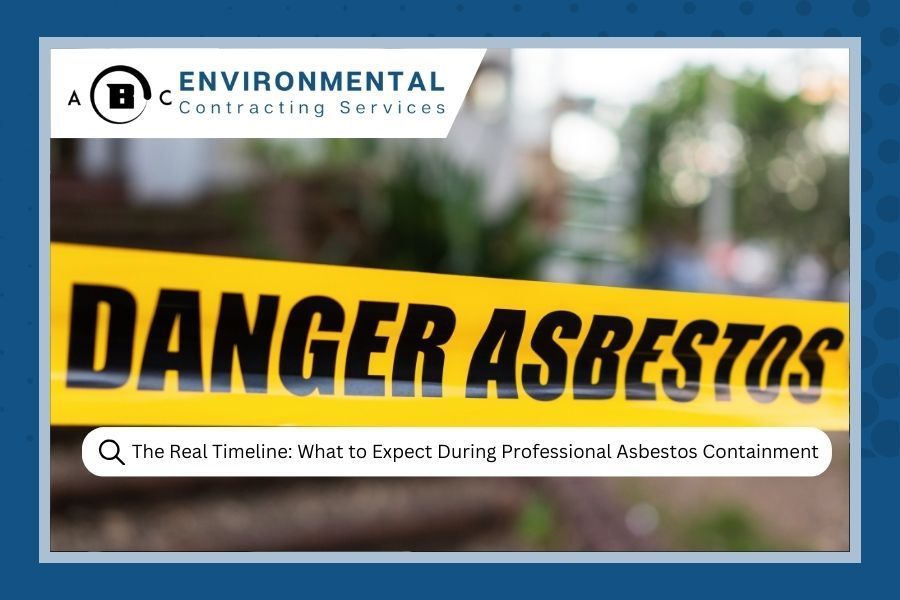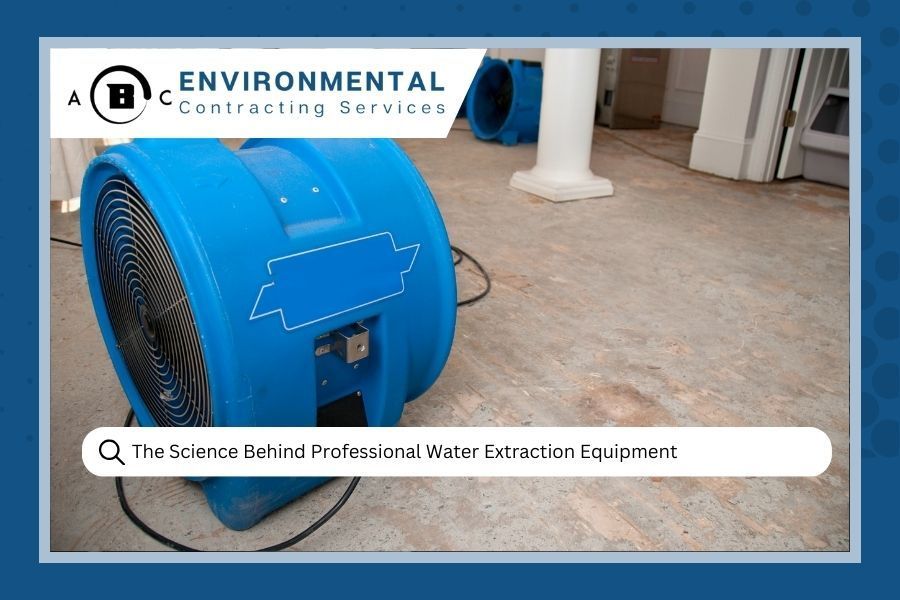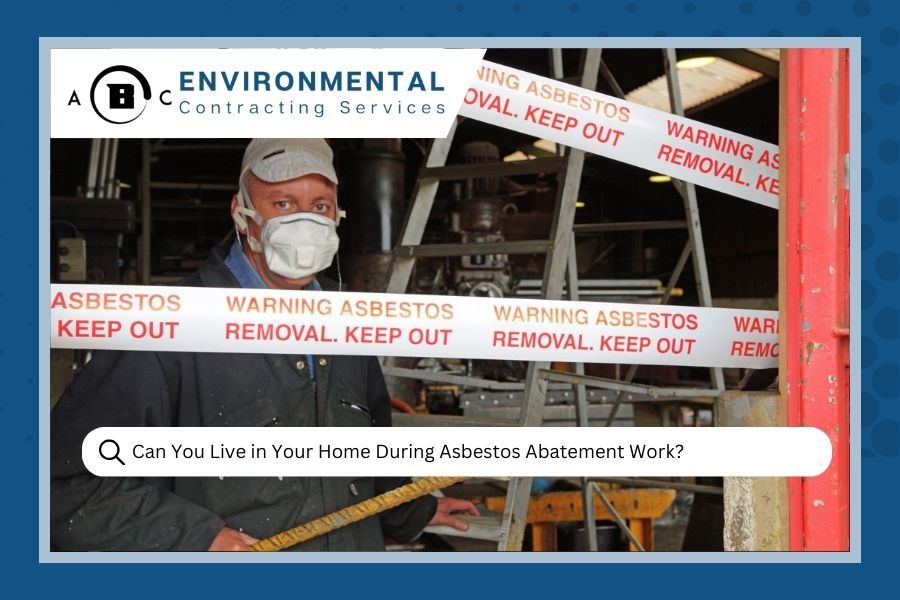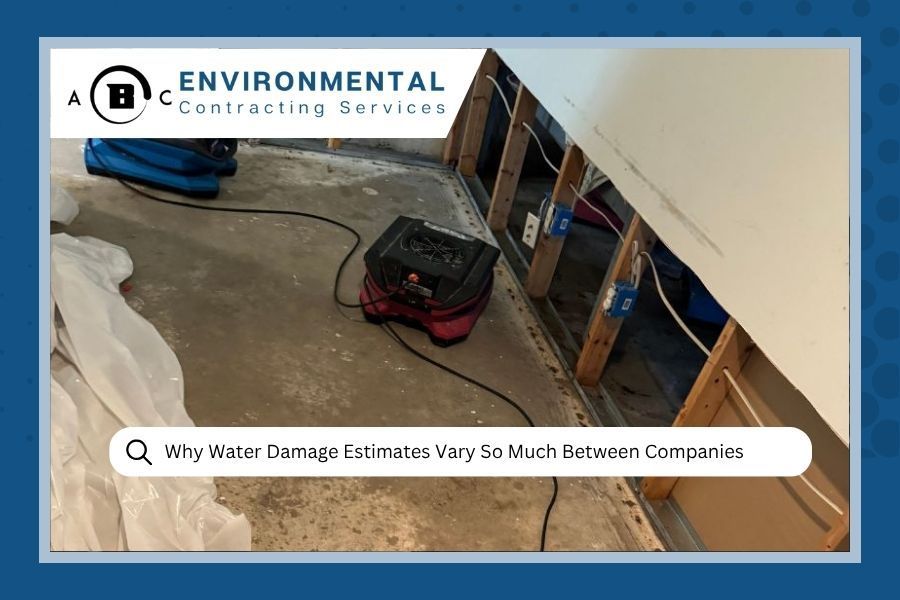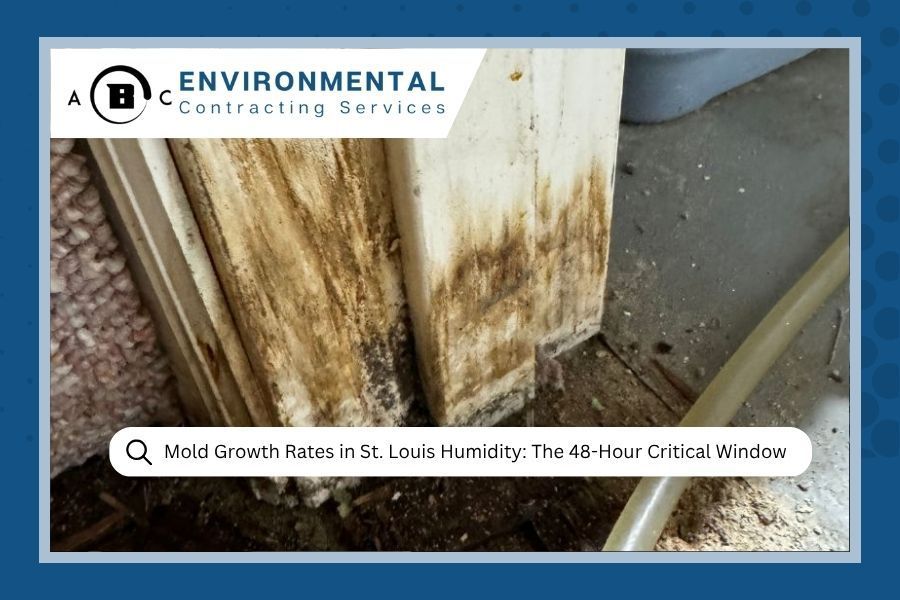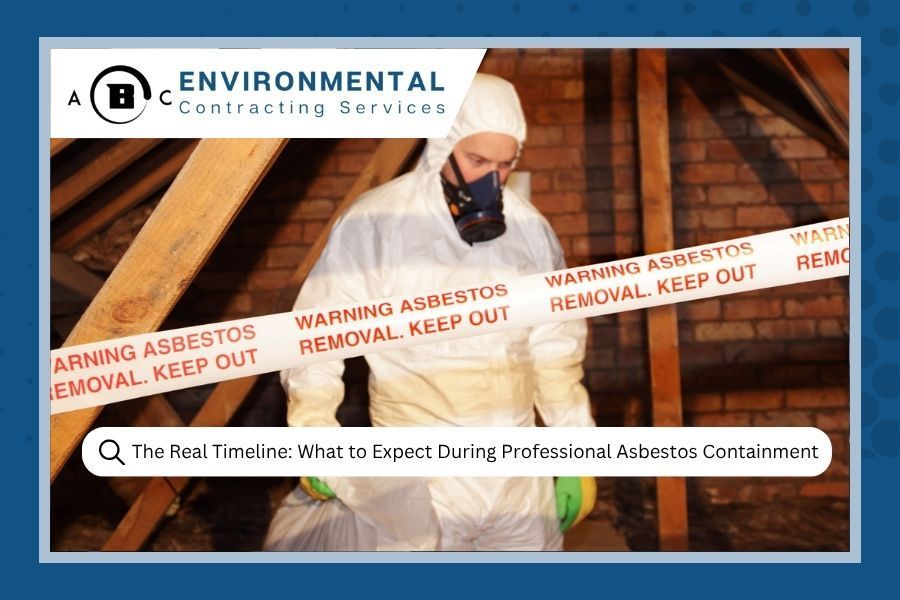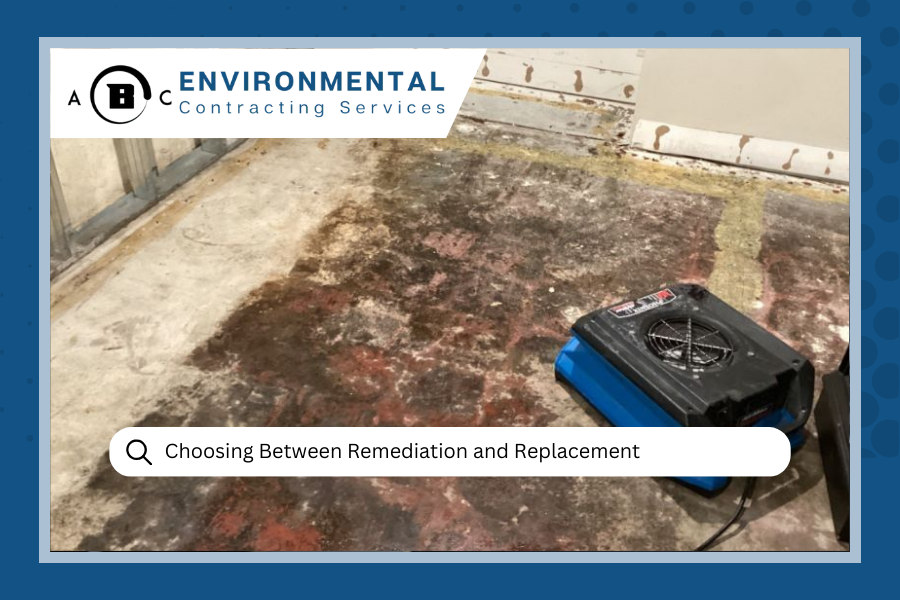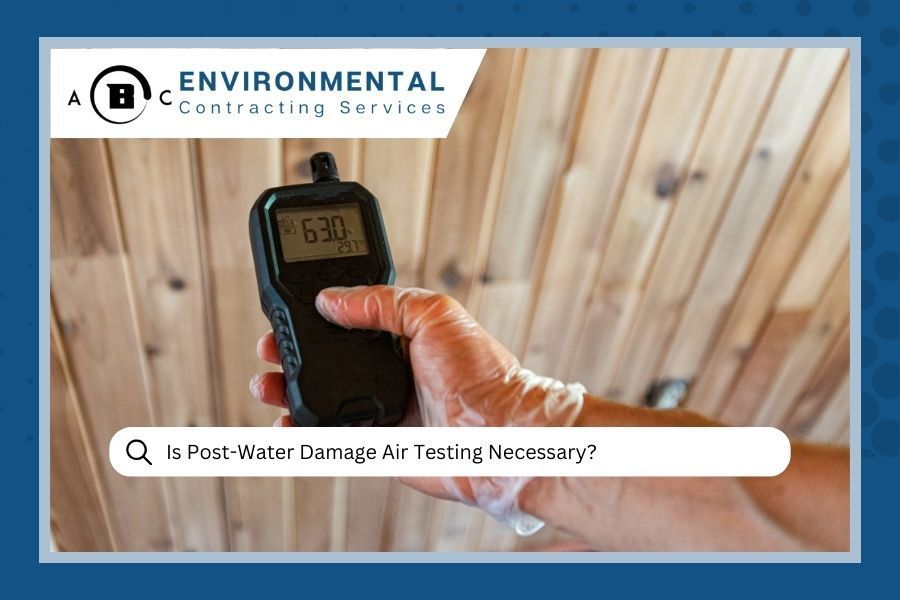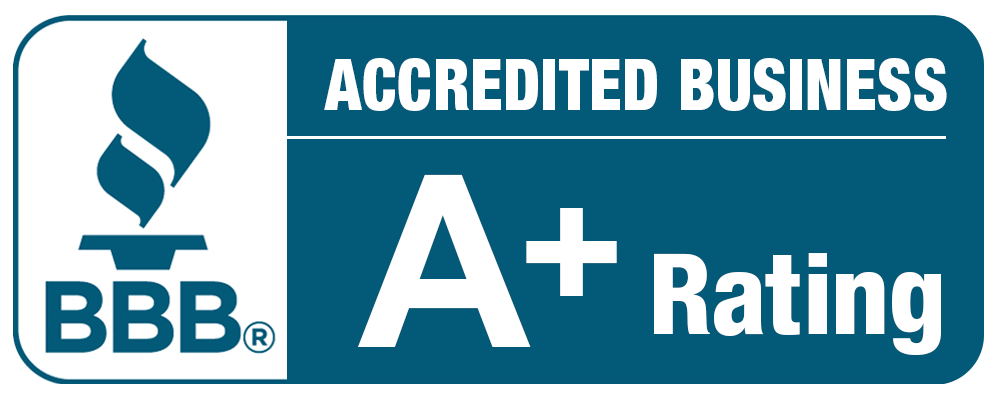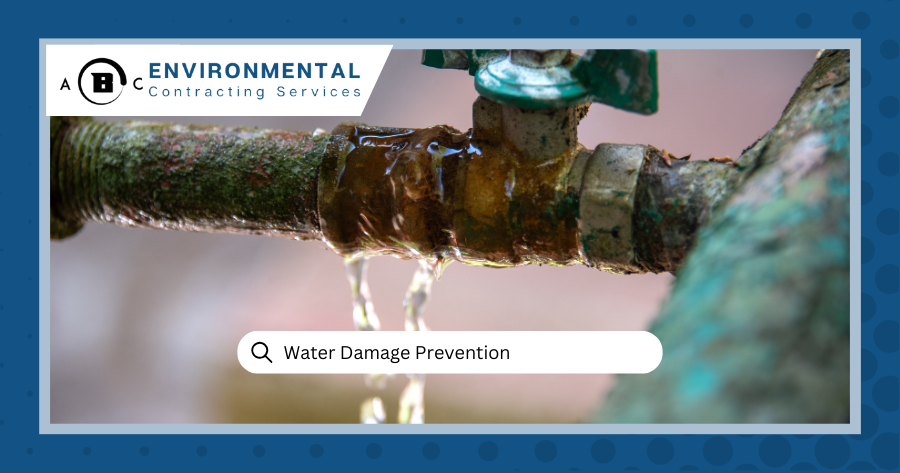
Water Damage Prevention Tips: Defend Your Home From Water Damage
Water damage can strike at any time, leaving you with hours or even days of cleaning and restoring affected areas of your home. Not only that, experiencing water-related disasters often comes with costly repairs, structural damage to your property, and health risks. This is why it’s important to introduce simple preventive measures into your daily life, so you can rest assured you’ve taken all the necessary steps to reduce the chances of water infiltrating your home. If the worst happens, professional water damage restoration in St. Louis, MO, can help you recover quickly and effectively. Keep on reading to find out how you can protect your home.
What steps can you take to prevent water damage in your home?
Preventing water damage in your home doesn’t have to be overwhelming. From inspecting your roof to monitoring water pressure, here’s how you can take control and protect your property:
Clear Your Gutters: Your First Line of Defense
Clogged gutters are a direct threat to your home's foundation and roof. When debris blocks water flow, it can overflow onto your facade and seep into your foundation, potentially causing thousands in damage.
Preventive measures:
- Make gutter cleaning a priority, especially during fall when leaves tend to pile on.
- Consider installing gutter guards to minimize debris and make maintenance easier.
Install Leak Detectors: Early Warning System
Modern technology has made water leak detection easier than ever. Smart water sensors can alert you to leaks before they become catastrophic.
Preventive measures:
- Place these devices in high-risk areas such as basements, under sinks, near water heaters, and around washing machines.
- Ensure your smartphone is connected to the leak detection system allowing notifications and quick action on your part if an emergency happens.
Roof Inspection and Maintenance: Your Home's Shield
Your roof is your home's primary defense against water damage. Regular inspections, especially after severe weather events, can identify vulnerable areas before they fail.
Preventive measures:
- Look for missing or damaged shingles, deteriorating flashing, and signs of water stains in your attic.
- Have a professional inspect your roof at least once a year to spot issues that might not be visible to the untrained eye.
Fix Leaks Immediately: Time Is of the Essence
Small leaks are the biggest threat because they can go unnoticed for a long time before you realize something is wrong. A single dripping pipe can waste thousands of gallons of water annually while creating perfect conditions for mold growth and structural decay.
Preventive measures:
- Tackle any signs of leaks immediately, including water stains or musty odors
- Keep an eye on your water bills - high bills may point to hidden causes of water damage.
Maintain Your Appliances: Prevention Through Care
Water-using appliances require regular maintenance to function safely. When these everyday appliances fail they can lead to expensive water damage or even complete breakdown.
Preventive measures:
- Inspect hoses and connections on washing machines, dishwashers, and refrigerators every three to four months.
- Replace rubber hoses with braided stainless steel options for better durability.
- Set reminders to check for signs of wear, corrosion, or damage that could lead to leaks.
Monitor Water Pressure: Protect Your Pipes
High water pressure can weaken pipe joints and appliance connections, overstressing your plumbing system.
Preventive measures:
- Install a water pressure gauge and maintain pressure between 40-70 PSI.
- A pressure regulator can help maintain optimal levels and prevent unnecessary stress on your plumbing system.
Inspect Old Pipes: Address Aging Plumbing
If you live in an older home, you may need to think about updating your plumbing system to avoid water damage. Keep in mind that copper pipes typically last 50+ years, while PVC pipes can last 25-40 years.
Preventive measures:
- Have regular inspections of visible pipes to catch potential problems before they fail.
- Watch for signs of corrosion, discoloration, or mineral buildup.
Install a Sump Pump: Basement Protection
For homes in flood-prone areas, a sump pump is essential. These devices automatically remove water that fills up basement sump pits, preventing flooding during heavy rains.
Preventive measures:
- Test your sump pump every few months
- Install a battery backup system for protection when the power goes out.
Shut Off Water When Away: Simple Yet Effective
Planning a vacation? Turn off your home's main water supply. This simple step can prevent catastrophic damage from burst pipes or failed appliances while you're away.
Preventive measures:
- Install an automatic shut-off valve for extra protection - it will automatically stop water flow when it detects leaks.
Conduct Regular Home Inspections: Stay Alert
Be prepared and create and follow a comprehensive home inspection checklist to lower the chances of water infiltrating your home.
Preventive measures:
- Check basements for dampness.
- Inspect window and door seals.
- Look for paint bubbling or discoloration.
- Monitor grading around your foundation to ensure proper drainage away from your home.
Keep Water at Bay
Water damage can happen suddenly, but with the right preventive measures, you can minimize the risks. Don't wait for a leak to become a flood. Take proactive steps today to keep water away from your property.
Read About - Guide To Water Damage Cleanup
Contact Us Today for Professional Water Damage Restoration!
At
ABC Environmental Contracting Services, our trained team is at your disposal 24/7 for water damage restoration in St. Louis, MO. Contact us today at (314) 668-1509 or
fill out the form on our website for a free quote. We are your trusted local experts!
The body content of your post goes here. To edit this text, click on it and delete this default text and start typing your own or paste your own from a different source.

